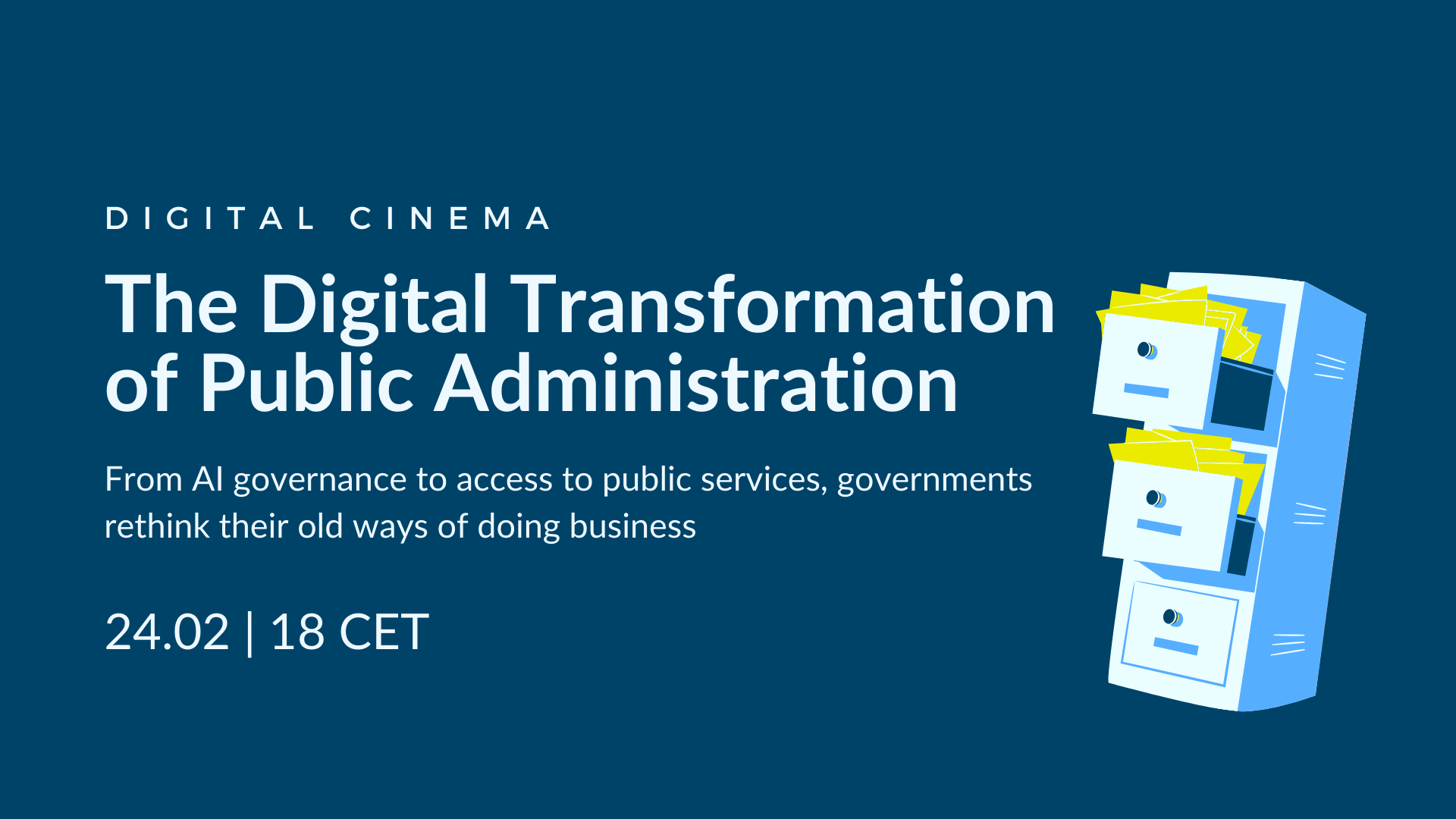ABOUT
Today, governments are increasingly committed to digitizing public services and their administration, with the aim of making administrative procedures simpler and more accessible. Overall, this digital transformation of public administration can have consequences going beyond a simple modernization of the state, transforming the traditional models of governance, by being an instrument of open government. Indeed, the digital transformation of administrations can enable states to evolve towards a more horizontal model of governance relying on transparency and openness of public data, as well as promoting collaboration with civil society in the design of public policies. We aim at addressing the digitization of public action, for example by evoking the design of public services, the co-creation process with citizens, the use of artificial intelligence in administration, but also the challenges linked to the dematerialization of public services.
SPEAKERS
Christian Djeffal is Assistant Professor for Law, Science and Technology at the Technical University of Munich. At the TUM School of Social Sciences and Technology, he researches and lectures on the relationship between law and technology, focusing on new technologies such as artificial intelligence (AI) and the internet of things (IoT).
Gerhard Hammerschmid is Professor of Public Management and Director of the Centre for Digital Governance at the Hertie School in Berlin. His research focuses on public management reform, comparative public administration, public sector innovation and government digitalization. Gerhard Hammerschmid has more than 20 years of experience in communicating research findings to high level government officials and policy makers and has been contributing to several cross-European research projects and expertises.
Luísa Franco Machado is a researcher studying the responsible use of digital technologies in the public sector and investigating ways to overcome AI bias and achieve data justice in public administrations. She holds a Bachelor's degree in Political Science and Latin American Studies from Sciences Po Paris and a Master's degree in Digital, New Technology and Public Policy from the same institution. She is currently pursuing a Master of Public Administration at the London School of Economics and Political Science (LSE). She has previously worked at the OECD.AI, the United Nations Department of Economic and Social Affairs (UNDESA), the Institute for Internet and the Just Society and she is currently a fellow at EuroDIG.
Massimo Pellegrino is a Partner at Intellera Consulting where he works on projects related to the digitization of the public sector. He was Partner at PwC for the Digital Strategy & Innovation Practice. In the PwC network, he also held the role of Global Data & Analytics Leader for the Industrial Products market. Prior to joining PwC, Massimo was the Global Vice President of Hewlett-Packard's Enterprise Information Services Business Unit. He has gained significant experience in international IT Strategy, Artificial Intelligence, Machine Learning, Cloud Computing, Internet of Things and Open Innovation projects. Massimo has a degree in Political Science and a Masters in Business Administration from CUOA Business School.
MODERATORS
Maximilian Richter is an Associate at PUBLIC where he helps GovTech startups transform the public sector. Prior to joining PUBLIC, he interned at PD-Berater der öffentlichen Hand GmbH, Global Berlin Advisors, the German Parliament and the German Embassy in London. He holds a Bachelor's in Politics and Economics from Bamberg University and a Master's in Digital, New Technology and Public Policy from Sciences Po.
Sonia Sangiovanni is a young professional, specialized in Technology and Public Affairs. During her Master’s in International Security at Sciences Po, she studied the social and political impacts of big data and AI. Her Master Thesis focused on the digitalisation and privatisation of Intelligence services in the UK and investigated companies such as Cambridge Analytica, Black Cube and Hakluyt. After her graduation, Sonia started her career by working as consultant for the French Public Sector.
Read More


Watch Our Episodes





